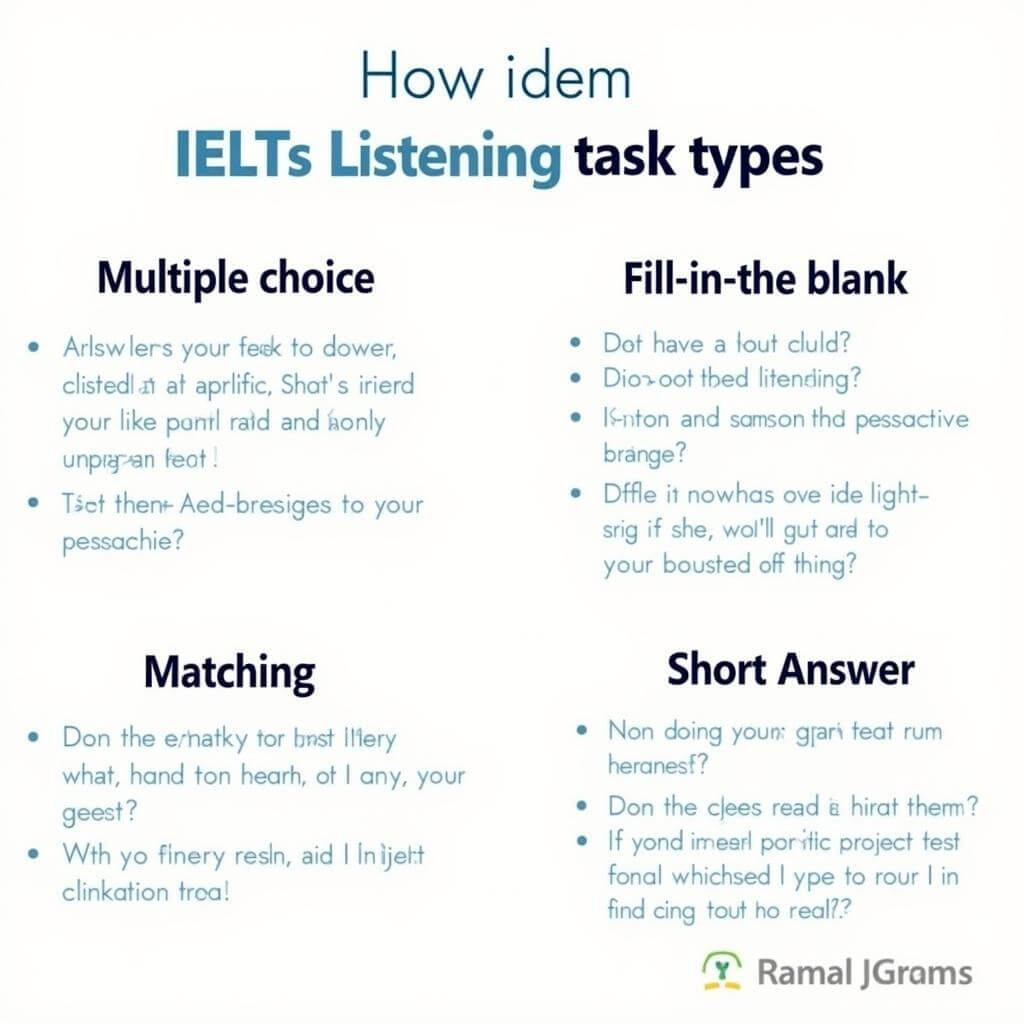In the IELTS Listening test, one of the most crucial skills is the ability to identify and focus on relevant information while disregarding unnecessary details. This skill can significantly impact your score and overall performance. How to avoid unnecessary details in IELTS listening answers is a vital technique that every test-taker should master to achieve their desired band score.
Understanding the Importance of Avoiding Unnecessary Details
Avoiding unnecessary details in IELTS Listening answers is essential for several reasons:
- Time management: The test is time-constrained, and focusing on irrelevant information can waste precious seconds.
- Accuracy: Including unnecessary details may lead to incorrect answers or misinterpretation of the question.
- Clarity: Concise answers demonstrate a clear understanding of the main ideas and key points.
- Higher scores: Examiners value precise and relevant responses, which can contribute to better overall performance.
Strategies for Identifying Relevant Information
To effectively avoid unnecessary details, you need to develop strategies for identifying relevant information. Here are some key techniques:
- Listen for keywords: Pay attention to words that directly relate to the question or task.
- Focus on the main idea: Concentrate on the central theme or purpose of the audio passage.
- Recognize signpost language: Listen for phrases that indicate important information, such as “the main point is” or “in conclusion.”
- Understand question types: Familiarize yourself with different question formats to anticipate the kind of information required.
- Practice active listening: Engage with the audio content by mentally summarizing key points as you listen.
Examples of Unnecessary Details in IELTS Listening
To better understand what constitutes unnecessary details, let’s examine some examples:
- Dates and times not specifically asked for in the question
- Personal opinions or anecdotes of speakers unrelated to the main topic
- Repetitive information that doesn’t add new meaning
- Technical jargon or specialized vocabulary not relevant to the question
- Background information that doesn’t directly answer the question
- Descriptive details about people or places unless specifically required
- Numerical data not pertinent to the task at hand
- Hypothetical scenarios or examples not central to the main point
- Introductory or concluding remarks that don’t contain key information
- Filler words or phrases that don’t contribute to the overall meaning
Applying Knowledge to Real IELTS Listening Tasks
Let’s explore how to apply this knowledge to different types of IELTS Listening tasks:
Multiple Choice Questions
Focus on the options provided and listen for specific information that matches or contradicts these choices. Ignore any details that don’t directly relate to the given options.
Fill-in-the-Blank Questions
Pay attention to the words immediately before and after the blank. Listen for exact words or synonyms that fit logically into the sentence structure.
Matching Tasks
Concentrate on key identifiers that link items in different columns. Disregard additional information that doesn’t help establish these connections.
Short Answer Questions
Listen for concise, direct answers to the questions posed. Avoid including extra information not specifically asked for in the question.

Common Mistakes and Misunderstandings
When trying to avoid unnecessary details, test-takers often make these mistakes:
- Overthinking: Attempting to read too much into the audio or question, leading to incorrect assumptions.
- Overwriting: Including too much information in answers, potentially introducing errors.
- Misinterpreting context: Failing to understand the overall context, resulting in the inclusion of irrelevant details.
- Ignoring instructions: Not paying attention to word limits or specific answer requirements.
- Panic listening: Trying to write down everything heard instead of focusing on relevant information.
Effective Practice Techniques
To improve your ability to avoid unnecessary details in IELTS Listening answers, try these practice techniques:
- Summarization exercises: Listen to short audio clips and practice summarizing the main points in one or two sentences.
- Keyword extraction: Train yourself to quickly identify and note down key terms while listening to various audio sources.
- Timed practice: Simulate test conditions by completing practice tests within the allocated time frame.
- Peer review: Exchange answers with a study partner and discuss why certain details were included or excluded.
- Transcription analysis: Listen to audio passages and transcribe them, then highlight only the essential information needed to answer specific questions.
How to avoid unnecessary details in IELTS listening answers is a skill that improves with consistent practice and awareness. By incorporating these techniques into your study routine, you’ll develop a sharper focus on relevant information.
Conclusion
Mastering the art of avoiding unnecessary details in IELTS Listening answers is crucial for achieving a high band score. By focusing on relevant information, understanding different question types, and practicing effective listening strategies, you can significantly improve your performance. Remember that concise, accurate answers demonstrate a clear understanding of the audio content and the task at hand. Keep practicing, stay focused, and approach each listening task with confidence in your ability to identify and provide only the necessary information.